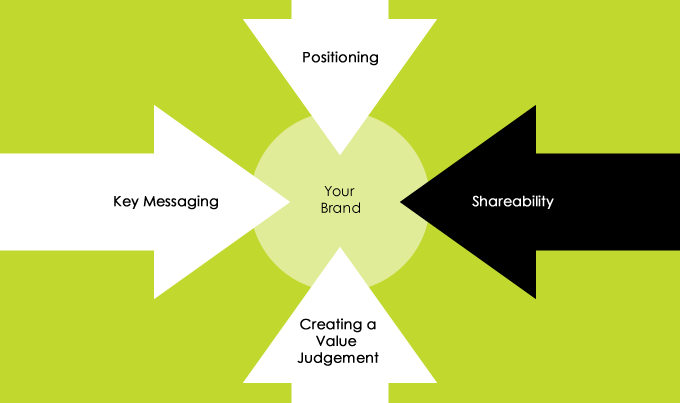

BRANDING
Many people mistakenly think that brand = LOGO.
In fact, branding encompasses all aspects of a company working together to create
a company identity...an image..... a BRAND
WHY A BRAND MATTERS:
Your brand matters because it is, or should be, the lifeline of your company – especially those positioned in highly competitive environments. A brand is the feeling a consumer gets when they hear your company’s name, your products or your services. If consumers don’t get a feeling, or, if the feeling is negative, then it might be time to seek a professional brand consultant to help you define your brand.
Even if you don’t have competition at the moment, it’s only a matter of time before other companies try to duplicate your products, and the struggle for market share grows. Having a well-developed brand identity sets you apart from the imitators and copiers. Your brand matters because it creates value in your products and services. Providing your customers with a positive association of what you offer helps establish your organization as a trustworthy investment.
Proper branding can result in higher sales of not only one product, but on other products associated with that brand.

Brand Elements
Typically Are Made Up Of Various Elements
Name: The word or words used to identify a company, product, service, or concept.
Logo: The visual trademark that identifies the brand.
Tagline or Catchphrase: "The Quicker Picker Upper" is associated with Bounty paper towels. "CAN YOU HEAR ME NOW" is an important part of Verizon brand.
Graphics: The dynamic ribbon is a trademarked part of Coca-Cola's brand.
Shapes: The distinctive shapes of the Coca-Cola bottle and of the Volkswagen Beetle are trademarked elements of those brands.
Colors: Owens-Corning is the only brand of fiberglass insulation that can be pink.
Sounds: A unique tune or set of notes can denote a brand. NBC's chimes are a famous example.
Scents: The scent of Chanel No. 5 is trademarked.
Tastes: Kentucky Fried Chicken has trademarked its special recipe of eleven herbs and spices for fried chicken.
Movements: Lamborghini has trademarked the upward motion of its car doors.
BRANDING:
Can result in higher sales of not only one product, but on other products associated with that brand. For example, if a consumer loves Starbucks coffee and trusts the brand, he or she is more likely to try other products offered by the company such as muffins or bottled teas. Brand is the personality that identifies a product, service or company (name, term, sign, symbol, or design, or combination of them) and how it relates to key constituencies: customers, staff, partners, investors etc.
BRAND AWARENESS:
Refers to customers' ability to recall and recognize the brand under different conditions and link to the brand name, logo, jingles and so on to certain associations in memory. It consists of both brand recognition and brand recall. It helps the customer to understand to which product or service category the particular brand belongs and what products and services are sold under the brand name. It also ensures that customers know which of their needs are satisfied by the brand through its products. Brand awareness is of critical importance since customers will not consider your brand if they are not aware of it.
Brand Is The Personality That Identifyfies A Product, Service Or Company
